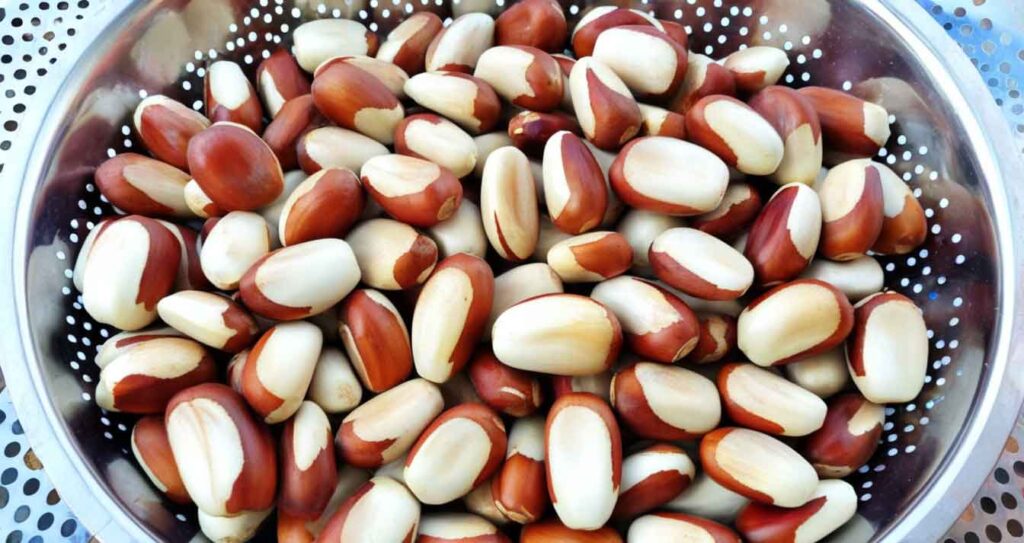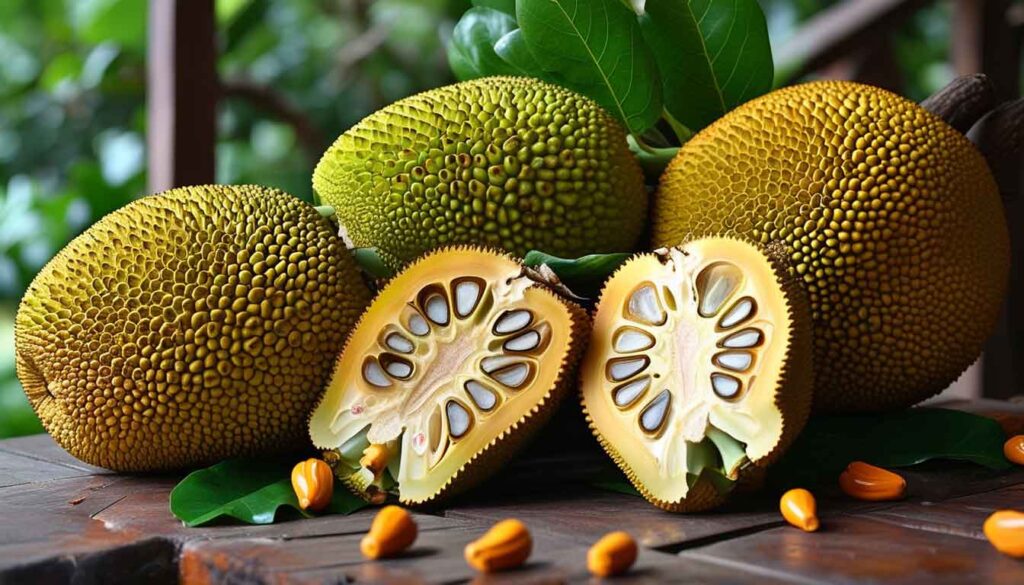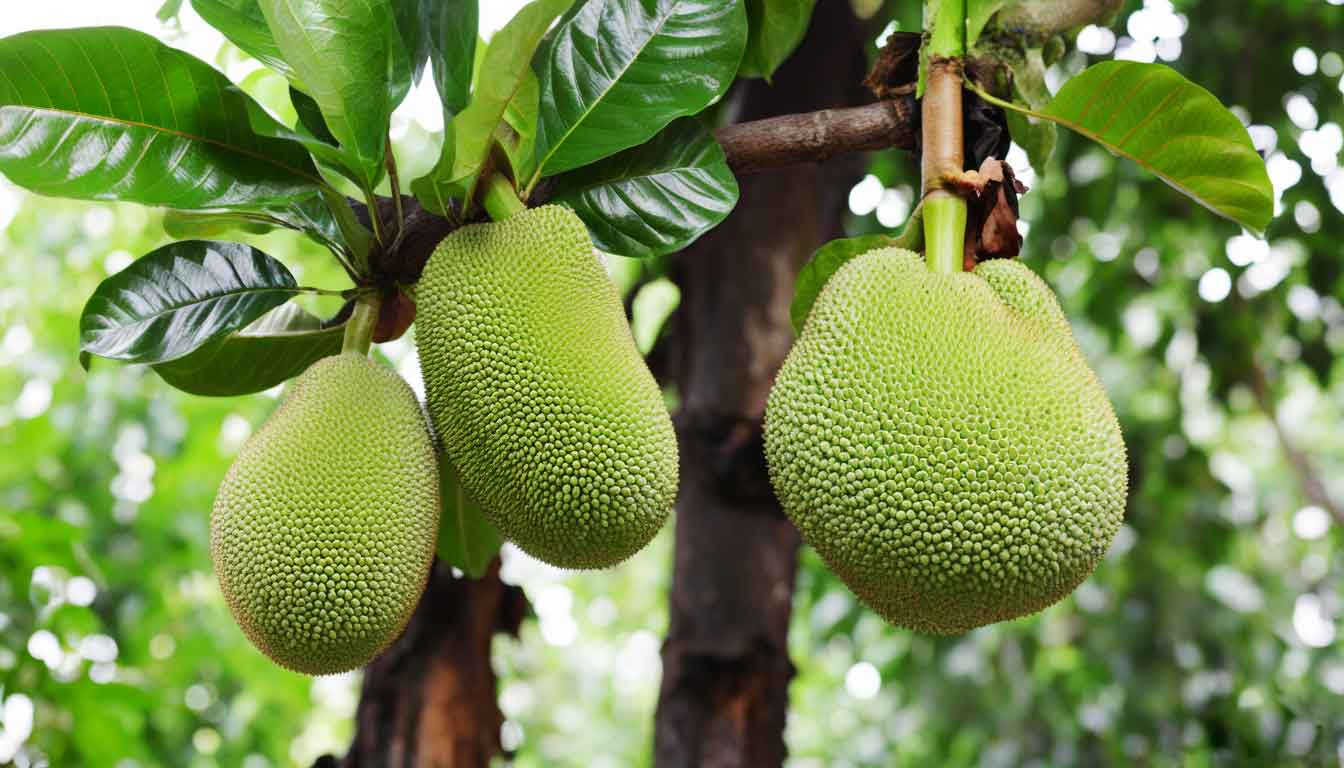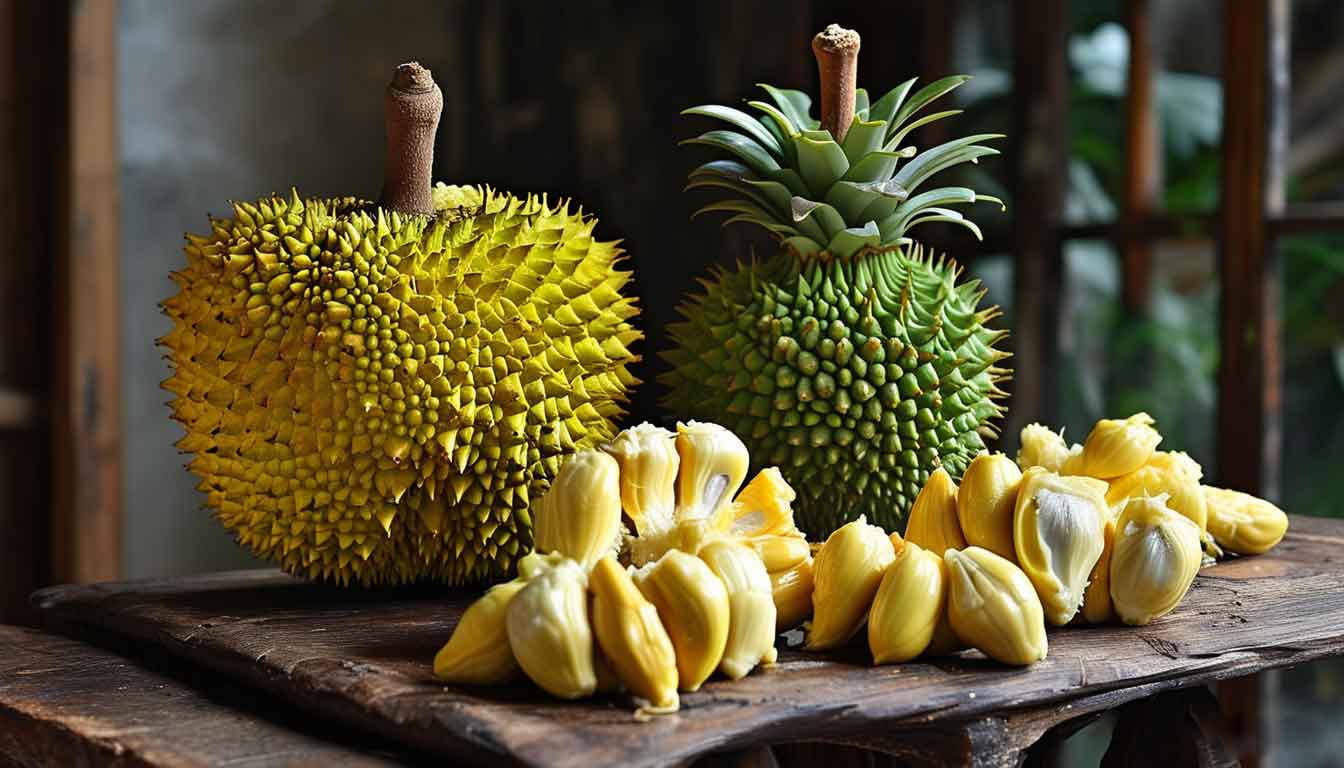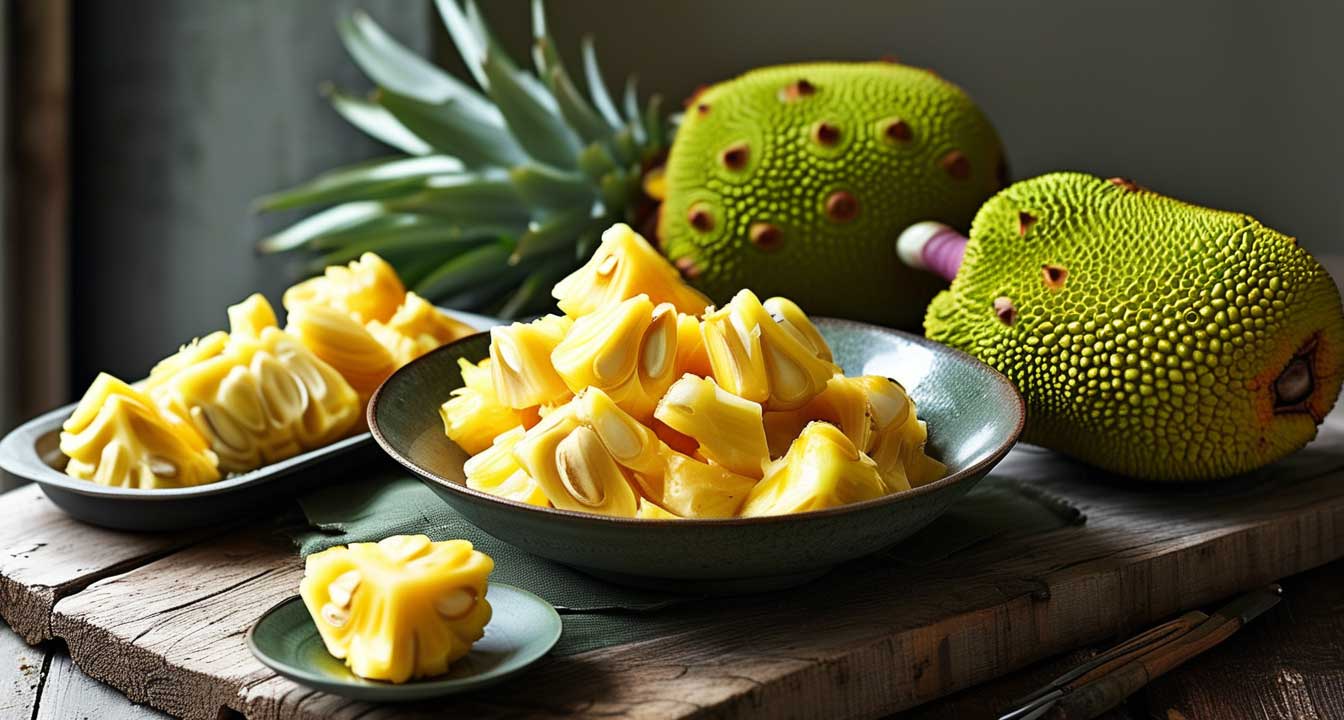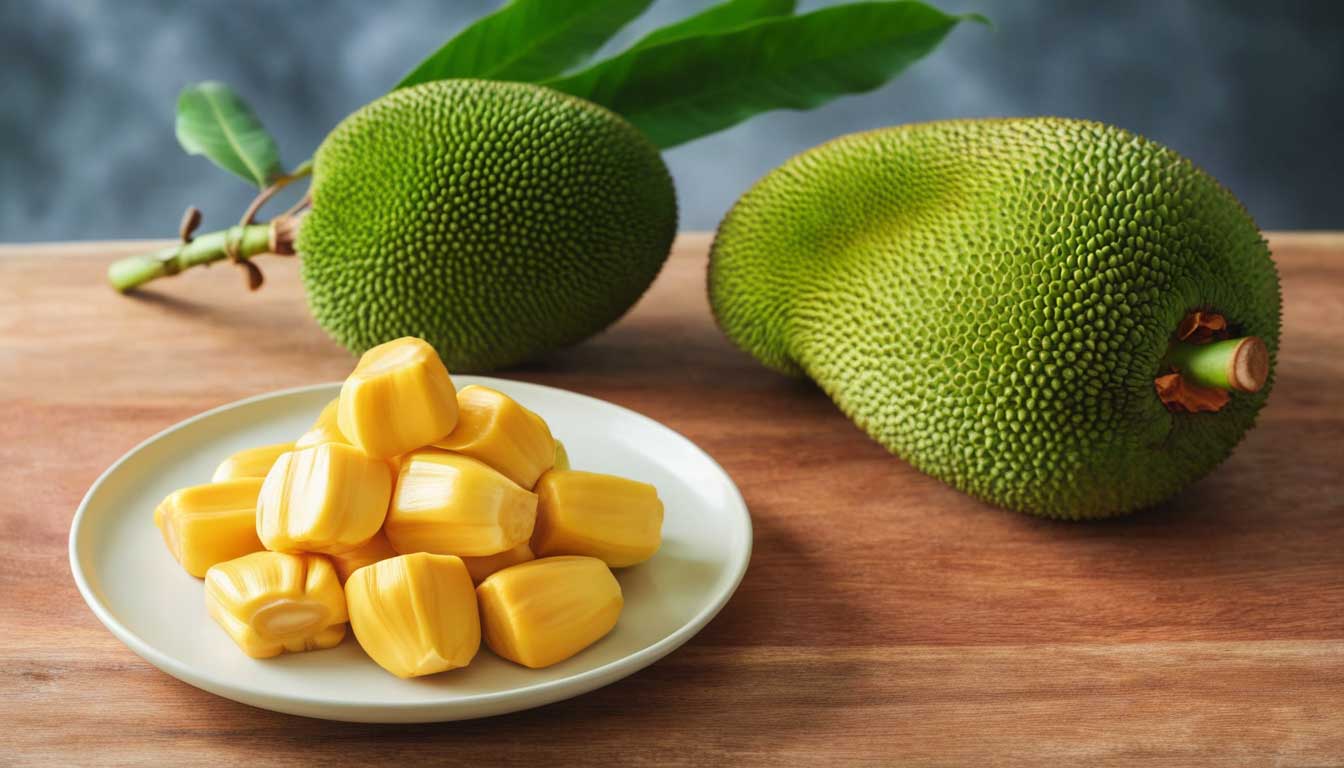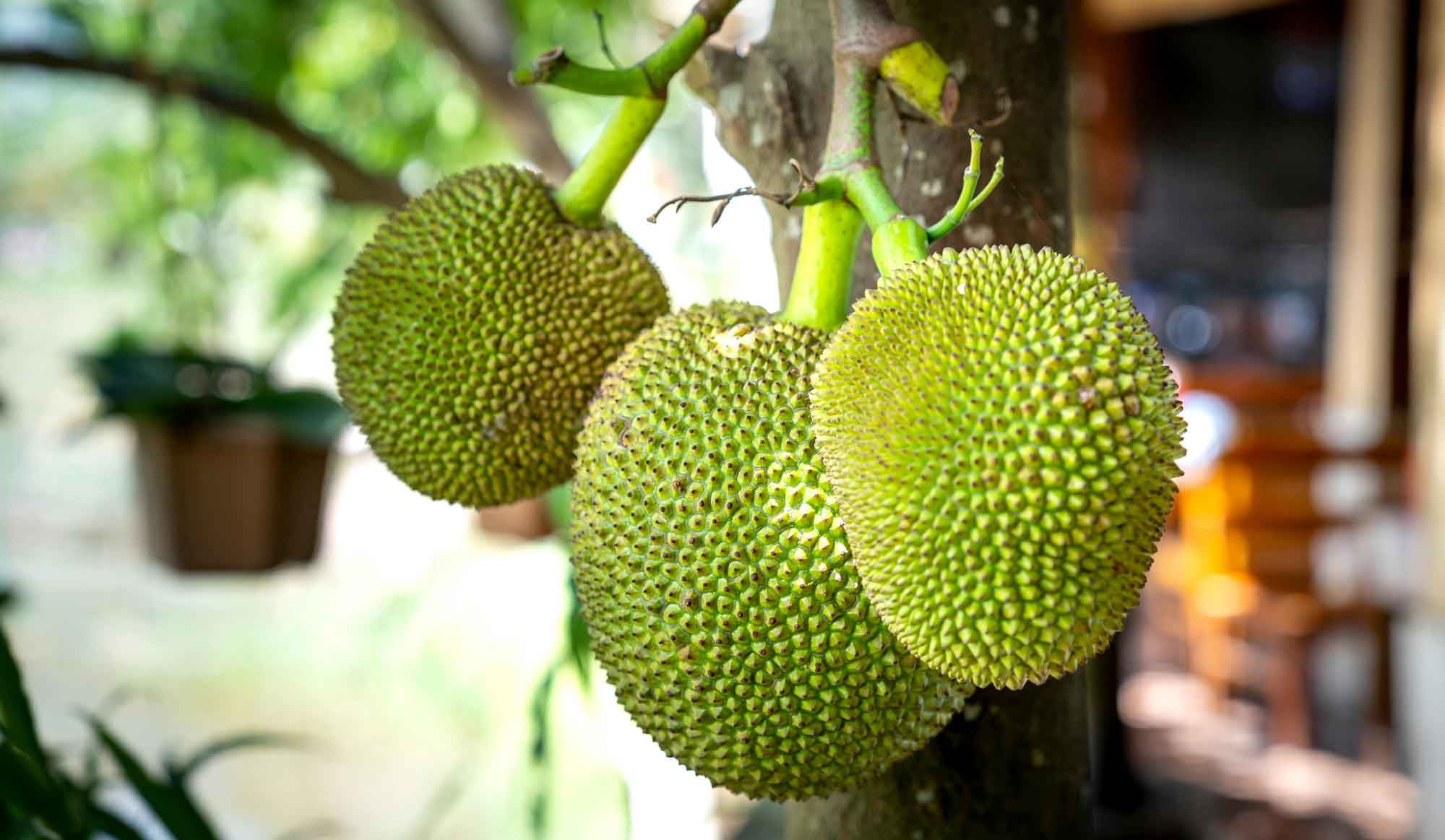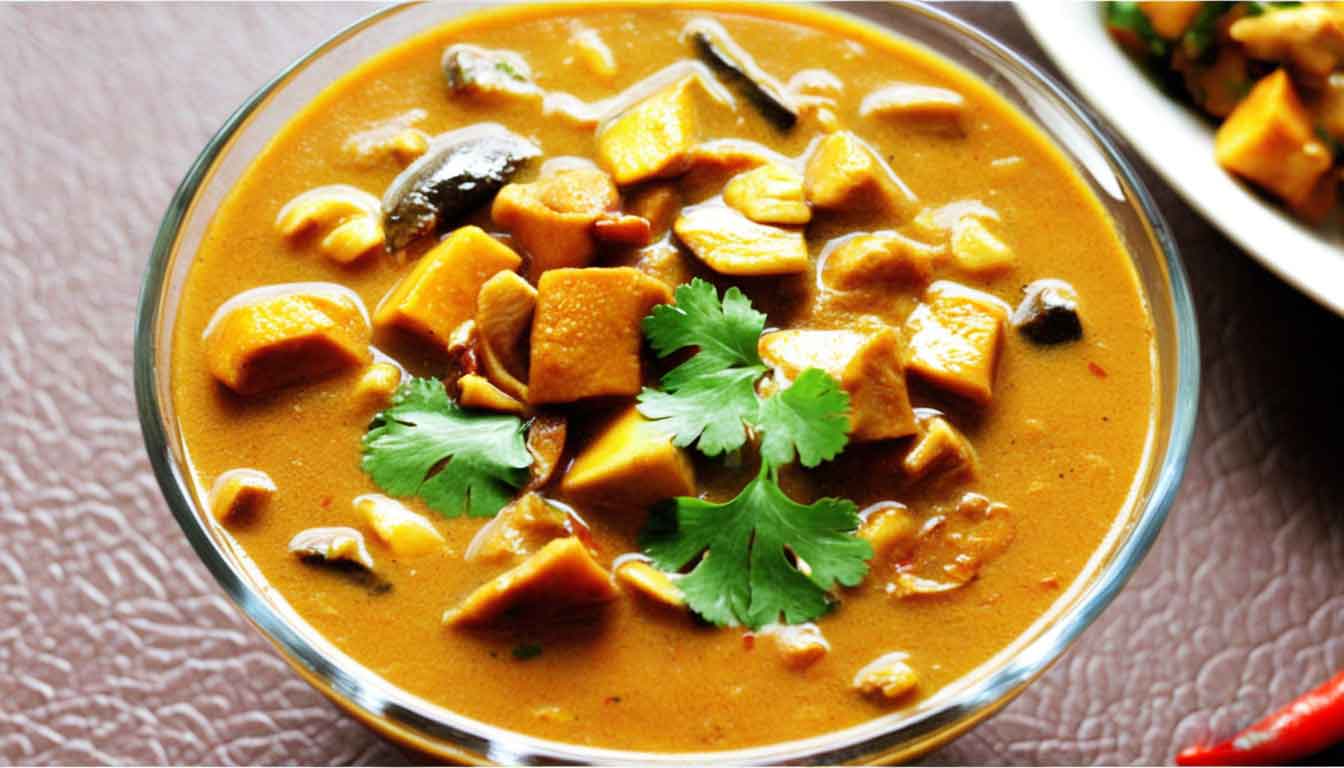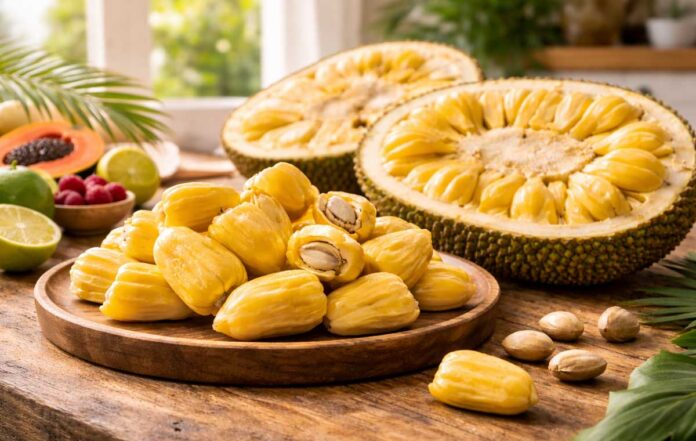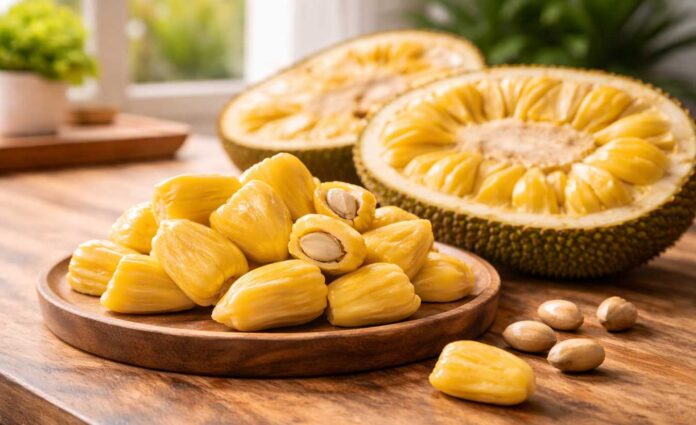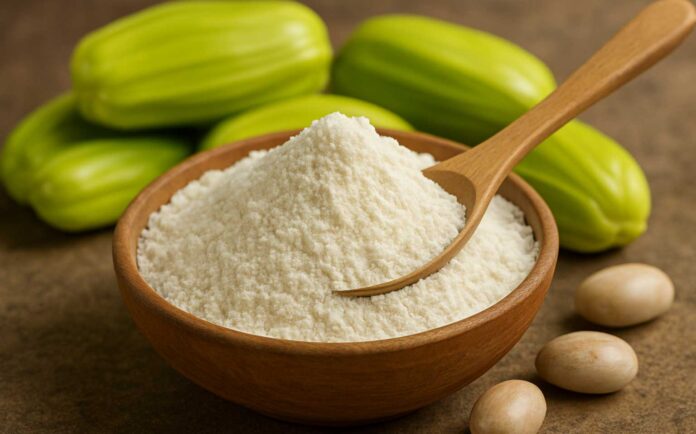Jackfruit Seeds: Nutrition, Benefits, How to Eat Them
Jackfruit is a delicious tropical fruit that’s becoming more popular in the U.S. due to its sweet taste and health benefits. But did you know that the seeds inside the jackfruit are not only edible but also packed with nutrients? Most people throw away the seeds, but they can actually be a great addition to your diet. In this article, we’ll explore the nutritional benefits of jackfruit seeds, how to prepare them, and why you should consider eating them.
What Are Jackfruit Seeds?
Jackfruit is a large, tropical fruit that grows in many parts of Asia. A single jackfruit can contain anywhere from 100 to 500 seeds, which are packed with important nutrients. While the flesh of the fruit gets most of the attention, the seeds have their own unique set of health benefits that can make them a great addition to your diet.
Nutrition of Jackfruit Seeds
Jackfruit seeds are loaded with important nutrients. They’re a good source of starch, protein, vitamins, minerals, and antioxidants. Here’s a breakdown of the nutrition in just one ounce (28 grams) of jackfruit seeds:
- Calories: 53
- Carbs: 11 grams
- Protein: 2 grams
- Fat: 0 grams
- Fiber: 0.5 grams
- Riboflavin (Vitamin B2): 8% of the daily recommended intake
- Thiamine (Vitamin B1): 7% of the daily recommended intake
- Magnesium: 5% of the daily recommended intake
- Phosphorus: 4% of the daily recommended intake
Jackfruit seeds are particularly rich in thiamine and riboflavin, two B vitamins that help your body produce energy. They also contain fiber and resistant starch, which pass through your body undigested. These components act as food for the good bacteria in your gut, promoting healthy digestion.
Jackfruit Seeds Benefits
Eating jackfruit seeds has a variety of health benefits. Let’s take a closer look at the most well-researched benefits of jackfruit seeds:
-
Aids Digestion
Jackfruit seeds are a great source of fiber, both soluble and insoluble. This fiber helps improve digestion by adding bulk to your stool and making bowel movements more regular. It also acts as a prebiotic, meaning it feeds the good bacteria in your gut, helping to maintain a healthy digestive system. Eating more fiber can also help relieve constipation, reduce symptoms of hemorrhoids, and protect against digestive issues like inflammatory bowel disease.
-
Helps Lower Cholesterol
Research suggests that jackfruit seeds may help improve your cholesterol levels. They are rich in both fiber and antioxidants, which may lower LDL (bad) cholesterol and raise HDL (good) cholesterol. This can help protect against heart disease, high blood pressure, and diabetes. While most studies have been done in animals, the early results show promise.
-
Antioxidant-Rich
Jackfruit seeds contain antioxidants such as flavonoids, saponins, and phenolics, which help fight inflammation, protect cells from damage, and even support your immune system. Some studies also suggest that the antioxidants in jackfruit seeds could have anticancer properties, though more research is needed to confirm these effects in humans.
-
May Help with Weight Control
The fiber in jackfruit seed can help keep you feeling full longer, which may support weight loss and help control hunger. By adding jackfruit seed to your meals, you may find it easier to manage your calorie intake and prevent overeating.
-
Antimicrobial Properties
Some studies show that jackfruit seeds may have antimicrobial properties, which means they can help fight harmful bacteria. In traditional medicine, jackfruit seeds have been used to treat digestive issues like diarrhea, and modern studies suggest they may help prevent foodborne illness by killing bacteria like E. coli.
How to Eat Jackfruit Seeds
Now that you know about the health benefits, you might be wondering how to eat jackfruit seeds. While the seeds are packed with nutrients, it’s important to note that jackfruit seeds should never be eaten raw. Raw seeds contain antinutrients like tannins and trypsin inhibitors, which can interfere with digestion and reduce your ability to absorb certain nutrients. However, cooking the seeds eliminates these harmful compounds and makes them safe to eat.
Here are two popular ways to prepare jackfruit seeds:
-
Boiled Jackfruit Seeds
Boiling jackfruit seeds is a simple and effective way to prepare them. Here’s how:
- Peel the seeds to remove the outer skin.
- Boil them in a pot of water for 20-30 minutes or until they are soft and tender.
- Drain the water, let the seeds cool, and they are ready to eat!
Boiled jackfruit seeds can be eaten on their own, added to salads, or mixed into other dishes for extra texture and nutrition.
-
Roasted Jackfruit Seeds
If you prefer a crunchy snack, you can roast jackfruit seeds. Here’s how:
- Preheat the oven to 400°F (205°C).
- Place the peeled seeds on a baking sheet.
- Roast them for about 20 minutes, or until they turn golden brown and crispy.
Roasted jackfruit seed can be eaten as a snack, sprinkled on salads, or used as a crunchy topping for soups and other dishes.
How to Add Jackfruit Seeds to Your Diet
You can enjoy jackfruit seeds in many different ways:
- Add to salads: Toss roasted or boiled seeds into your salads for a nutritious crunch.
- Make hummus: Blend boiled jackfruit seeds with olive oil, garlic, and lemon juice to make a creamy hummus.
- Use as flour: Grind jackfruit seeds into flour and use it in baking or cooking as a gluten-free alternative.
- Add to smoothies: Blend jackfruit seed into your smoothies for added protein and fiber.
- Make jackfruit-seed butter: Blend roasted seeds with oil to make a nutritious nut butter.
Potential Downsides of Jackfruit Seeds
Although jackfruit seeds offer many health benefits, there are a few things to be aware of:
- Increased Bleeding Risk: People on blood-thinning medications, like aspirin or warfarin, should be cautious when eating jackfruit seeds. Some studies show that jackfruit seed extract may slow blood clotting and increase the risk of bleeding.
- Antinutrients: As mentioned earlier, jackfruit seed contain tannins and trypsin inhibitors that can interfere with nutrient absorption and digestion if eaten raw. Always cook jackfruit seeds to avoid these issues.
Conclusion
Jackfruit seeds are not just edible, but also highly nutritious. They offer several health benefits, including better digestion, improved cholesterol levels, and antioxidant protection. However, it’s important to cook them before eating to avoid antinutrients and potential digestive issues.
Next time you enjoy jackfruit, don’t throw away the seeds! Instead, try roasted jackfruit seed or boiled jackfruit seed as a healthy addition to your meals. With a little preparation, jackfruit seed can become a delicious and nutritious part of your diet.

